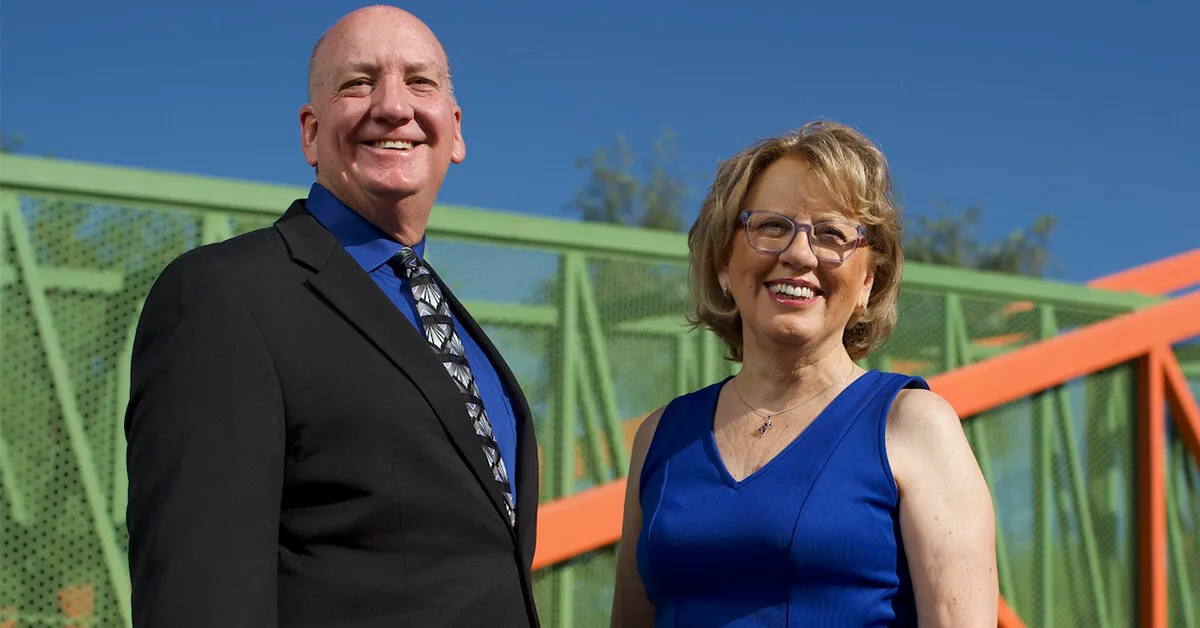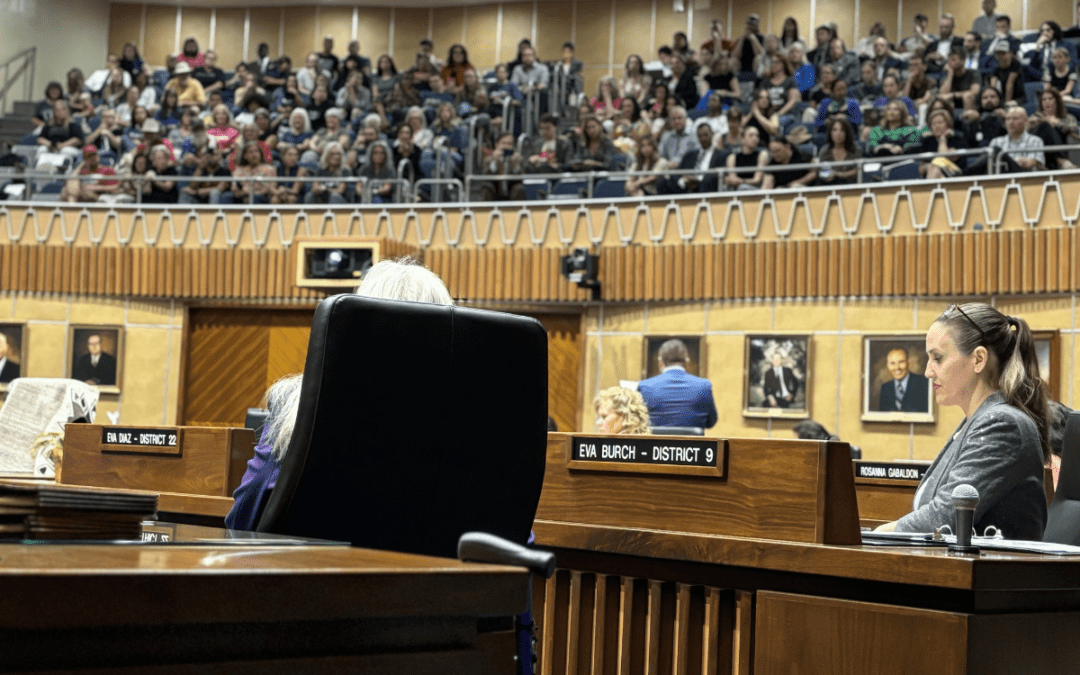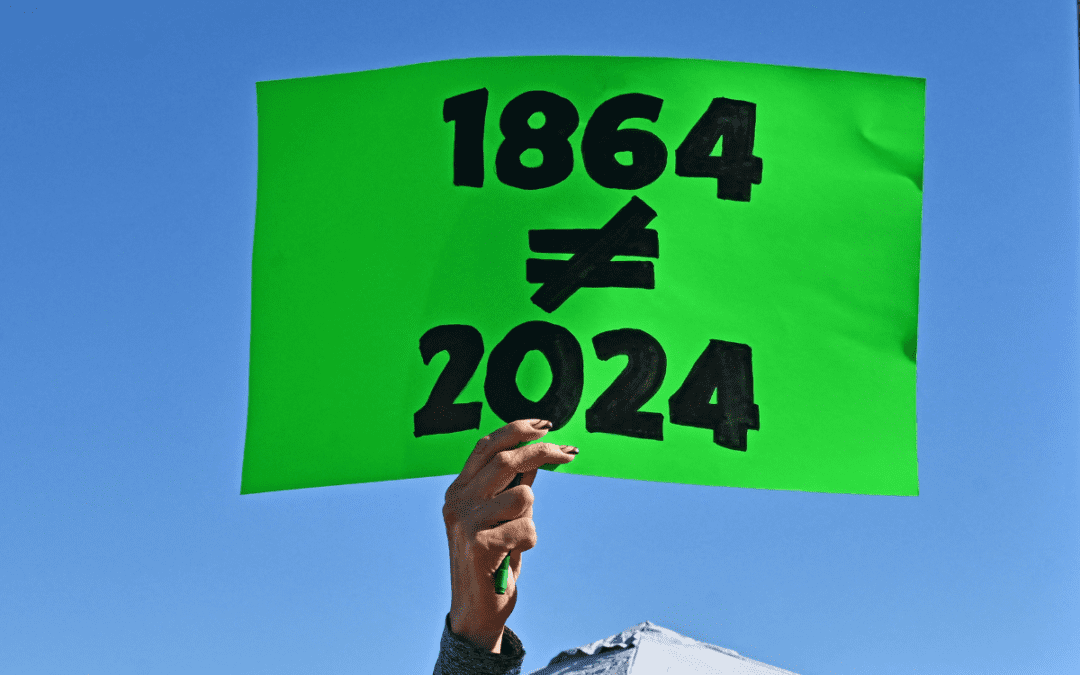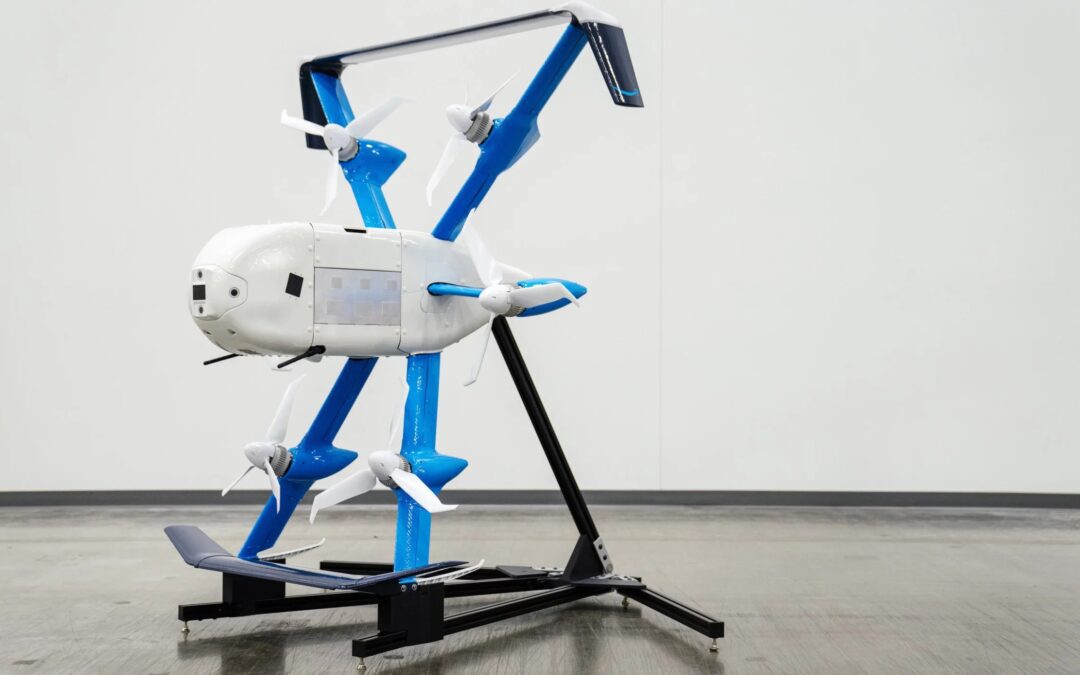
Image courtesy Judy Schwiebert campaign
As part of our efforts to help voters feel informed as the November election approaches, we’re creating an overview of local races throughout the state.
Three candidates running for the state legislature in Arizona’s 20th Legislative District participated in the district’s Clean Elections debate, where those in attendance discussed topics such as affordable housing and upholding the integrity of Arizona’s elections.
Two of those in attendance are running to represent LD20 in the state House of Representatives; incumbent Rep. Anthony Kern (R-Glendale) and Democratic challenger Judy Schwiebert. Doug Ervin is running to represent the district in the state Senate.
Rep. Shawnna Bolick (R-Phoenix) and Sen. Paul Boyer (R-Phoenix) declined an invitation to participate in the debate.
Election Integrity
In a series of emergency measures designed to expand access to voting during the COVID-19 pandemic, Arizona elections officials have temporarily lifted the restriction requiring voters to cast their ballots at an assigned polling place, increased the number of days in-person voting is available, and have even extended the voter registration deadline.
Officials failed, however, to expand mail-in voting to every registered voter. Kern said that, while he personally votes by mail, he was opposed to expanding mail-in voting to include those who have not requested absentee ballots. “There’s some people on my campaign that go down and vote, that’s what they want to do,” said Kern. “They do not want to vote by mail.”
But elections officials have expressed concerns over in-person voting during the COVID-19 pandemic. In Wisonson, over 50 people contracted the virus from voting in-person last April, and poll workers, who tend to be older and at a higher risk of catching a severe case of the coronavirus, are hesitant to volunteer during the pandemic.
Schwiebert agreed and said that voters should have the option to vote either way. She pushed back on unfounded accusations surrounding the integrity of mail-in voting, and described absentee voting as a “secure and important option for people to have.”
Affordable Housing
Affordable housing advocates have repeatedly said that Arizona is in the midst of an affordable housing crisis, and Schwiebert said part of the problem comes from decisions made at the state legislature. She suggested listening sessions with residents struggling with the cost of housing and working with non-profits who have dealt with housing to create a statewide plan to help those in need of stable housing.
Ervin pointed to tax breaks that catered towards special interest groups as a revenue source to address the state’s depleted housing budget. He added that sales tax exemptions also hurt city governments, who Ervin said should be the first line of defense in addressing local issues like housing costs.
Kern disagreed, claiming that the housing issue was specific to the COVID-19 pandemic. He said that the best route to address housing unaffordability is job creation.
But the economic impact of the coronavirus has left hundreds of thousands of Arizonans out of work, leaving many to rely on the state’s overburdened unemployment system. Due to economic shutdowns and other restrictions meant to slow the spread of the coronavirus, workers were subjected to layoffs, reduced hours, and reduced job prospects as a result of the pandemic.
Schwiebert brought up raising the state’s unemployment benefits—currently one of the lowest in the country at $240 per week—as a solution to help out-of-work Arizonans, but Kern pushed back on the idea, saying that those who are able to work should have, “that dignity to better their lives, to buy homes, to put money in the bank.”
COVID-19 Public Health Guidelines
Candidates also discussed emergency measures relating to the COVID-19 pandemic. Earlier this year, Kern vocally violated the city of Phoenix’s curfew, a temporary rule put in place to reduce the spread of the coronavirus.
Kern proudly posted a picture of himself with a group of Republican lawmakers at a Phoenix restaurant at 8:15 p.m. At the time, bars and restaurants in the city had been ordered to close after 8 p.m. as a public health precaution intended to slow the spread of COVID-19.
“It’s 8:15,” the now-deleted tweet read. “Do you know where Phoenix Mayor @KateWGallego is?”
When asked about the tweet during the debate, Kern defended his actions, stating that he didn’t agree with public health rules surrounding the closure of businesses and requirements that residents wear masks.
Schwiebert defended the actions of local leaders like Gallego, saying that they were acting in response to recommendations of public health experts. While local governments were initially barred from enacting rules relating to COVID-19, state leaders eventually allowed municipalities more freedom in June. This in turn led to a 75% reduction in COVID-19 cases throughout the state.
Continue Reading: The Copper Courier Voter Guide: Arizona’s 20th Legislative District
Politics

Democrats successfully force vote on repealing 1864 abortion ban, passes House
The Arizona legislature moved forward two bills Wednesday that would repeal the state’s 1864 abortion ban. A bill to repeal the ban has been...

State Official: 1864 abortion ban gives Arizona ‘black eye’
Arizona’s role at the forefront of the climate crisis, defending democratic elections, and protecting reproductive rights has caught the attention...
Local News

The Amazon drones are coming to Arizona later this year
The drones operate on electricity, while most of Amazon’s fleet of vehicles operate on gasoline. Amazon drone deliveries are coming to the West...

Arizona’s reality TV stars: Where are they now?
From A-list actresses to a controversial bachelor, here's a roundup of reality TV stars from Arizona. Whether you love it or hate it, reality TV is...





